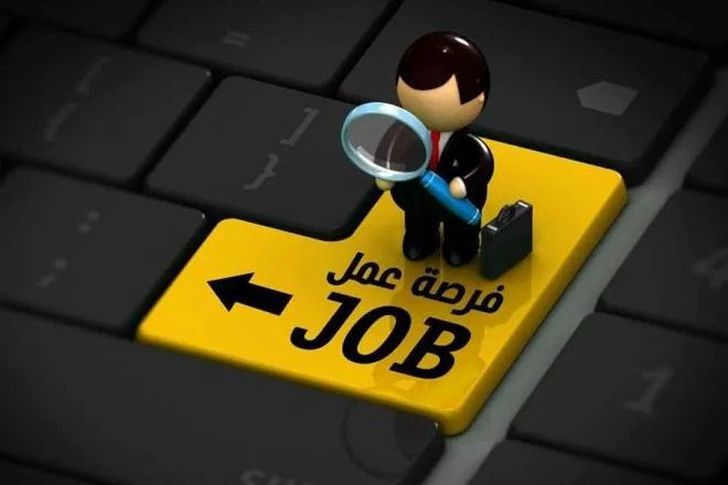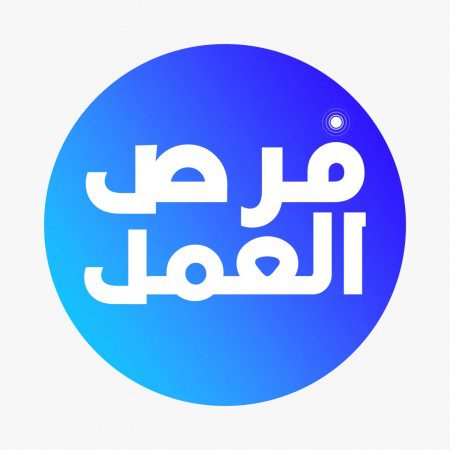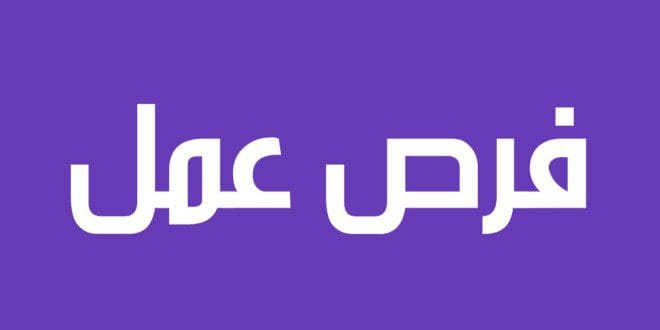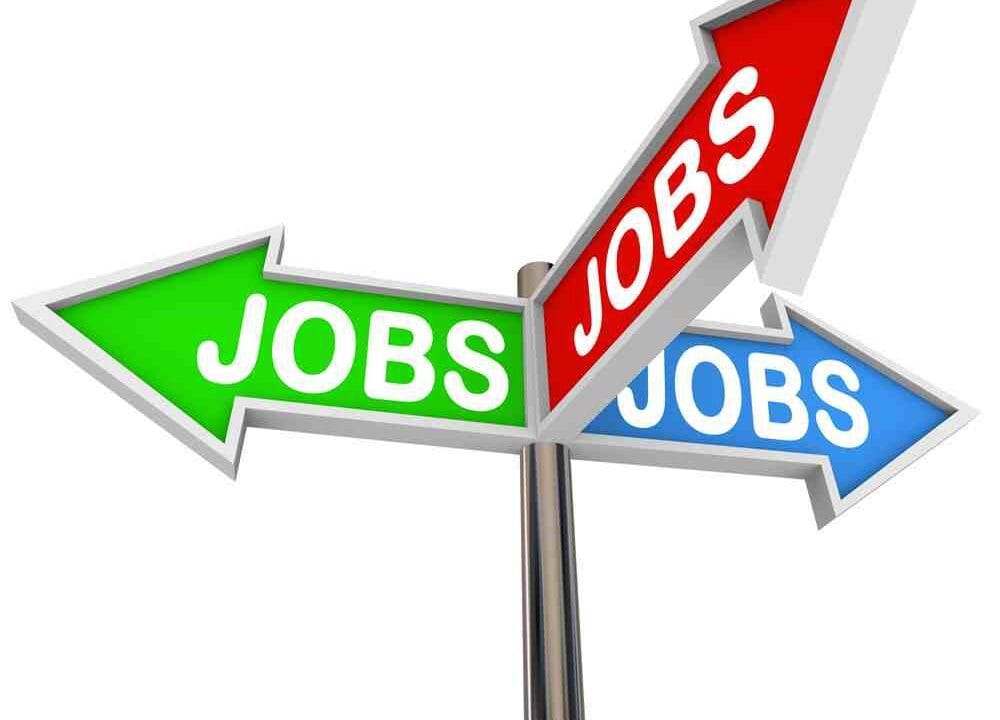وظائف شاغرة: مطلوب ممرضين وممرضات مختصين بالصحة النفسية للعمل لدى مؤسسة عامل الدولية (Ngo)
نطاق الراتب: < 800 (USD)
Please send your CV and Cover Letter mentioning the position in the subject of your email. Only short-listed candidates will be contacted.
- Amel Association International is committed to diversity and welcomes applications from qualified candidates regardless of disability, gender identity, marital or civil partnership status, race, color or ethnic and national origins, religion or belief, or sexual orientation.
- Amel has a Zero Tolerance policy on sexual exploitation and abuse, and sexual harassment: Candidates will not be considered for employment with Amel if they have committed violations of international human rights law, violations of international humanitarian law, sexual exploitation, sexual abuse, or sexual harassment, or if there are reasonable grounds to believe that they have been involved in the commission of any of these acts.
General Objective:
The Primary Healthcare Center (PHCC) mental health (MENTAL HEALTH) nurse is responsible for planning and providing support and nursing care to people who have a range of MENTAL HEALTH issues. The PHCC MENTAL HEALTH nurse is part of the PHCC team and works in the PHCC closely with the general practitioner (GP) gatekeeper to implement the management of cases.
The PHCC MENTAL HEALTH nurse answers questions about MENTAL HEALTH management, keeps track of treatment progress and helps identify side-effects if patients are taking medications. The GP gatekeeper and the PHCC MENTAL HEALTH nurse work together with the patient. The PHCC MENTAL HEALTH refers patients for PSS to the MENTAL HEALTH case worker.
Tasks and Responsibilities:
1. Medical Records (Phenics first and Yellow medical file second) and data collection tools:
- Receive and welcoming all patients visiting the mental health program.
- In coordination with the triage nurse, make sure that every patient goes into the triage room where vital signs are taken.
- Completing the Phenics pages:
- Make sure old patients have a medical file on Phenics using the بحث عن مريض feature.
- For each patient, complete the patient file, which is the الملف الشخصي that is found using the إضافة مريض including:
All data Red and black, full address data, uploading the patient ID in the المستندات and check the information related to مكتوم القيد، معوق، طريح الفراش if applicable.
- Make sure that the triage nurse completed the following information on the Phenics:
- The page of التاريخ الصحي
- The page of التمريض with السلوكيات الصحية, vital signs, and الكشف المبكّر PHQ2 who is 18 years old and above, except for pregnant and lactating women.
- Make sure that the physician’s page is complete:
- Make sure that every beneficiary has a file number.\
- For new patients, make sure that the gatekeeper completed the صفحة الطبيب with the الأدوية الحالية
- For old patients, make sure that the treating physician (Psychiatrist) completed the صفحة الطبيب with the ICD10 and الأدوية الحالية
- Completing the hard copy of the medical file (yellow medical file):
After completing the Phenics pages, the mental health nurse is responsible to check that each section in the yellow medical file of the Mental Health patient is complete including:
- Cover page.
- Demographic information.
- Medical History.
- Personal profile with documents.
- Names of treating gatekeeper, treating psychiatrist, and psychotherapist with heir signatures and date of treatment.
- Completing other data collection tools (KOBO):
- For new beneficiaries, fill in the Mental Health intake form.
- On a weekly basis, extract the Mental Health report from the Phenics from the احصاءات page and make sure it is updated and report on the numbers.
- At the end of each day and before leaving the PHCC, the mental health nurse is responsible to check the Phenics file, the yellow medical file, and all other data collection tools (KOBO, Google sheets…) to make sure that each beneficiary, new and active, have a complete medical file.
- In coordination with the head of the center, make sure to check the project targets to prevent under or over target reach.
2. Receiving & Screening MENTAL HEALTH Beneficiaries:
- Receive beneficiaries who are visiting the PHCC/dispensary for MENTAL HEALTH services.
- Combat stigma and help patients and their families manage any MENTAL HEALTH condition.
- Make sure that everyone is following the patient flow within the PHCC/Dispensary, reception then triage for vital signs and PHQ2 in first place for everyone.
- Brief beneficiaries on the MENTAL HEALTH services and how they can take the service.
- From the triage nurse, receive beneficiaries who score high on the PHQ2 (>/= 3) and administer the PHQ9 screening tool.
- Refer beneficiaries who score high on the PHQ9 (>/= 10) to the PHCC general practitioner gatekeeper who is trained on the mhGAP, then to the mental health professionals based on the clinical guidelines of the mental health program.
- Replace the PHCC triage nurse when absent (sick or on leave for a reason), screen for depression all PHCC beneficiaries aged 18 year and above, using the PHQ2 screening tool, in the triage room.
3. The beneficiary care Plan:
- In coordination with the Mental health case worker and the PHCC social worker, develop and implement the beneficiary care plan
4. The appointment system:
- In coordination with the PHCC receptionist, schedule the appointments for all the Mental health beneficiaries.
- In coordination with the PHCC receptionist, call beneficiaries or send broadcast messages to confirm appointments date and time.
- In coordination with the PHCC receptionist, set the appointment system in a way that prevents overcrowding of patients in the PHCC/Dispensary.
- In coordination with the PHCC receptionist, call back beneficiaries or send broadcast messages in case of appointments cancellation.
- In coordination with the PHCC receptionist, record the next appointments and follow up on them.
5. Medication Management:
- In collaboration with the PHCC/Dispensary pharmacist, check the medication prescription of each patient and monitor the administration of medications.
- In collaboration with the PHCC/Dispensary pharmacist, counsel patients on the medications side-effects.
- Report any side-effects to the PHCC/Dispensary pharmacist through an official email message, copying the MHPSS coordinator, the chief pharmacist, and the health program coordinator.
- In collaboration with the PHCC/Dispensary pharmacist, ensure that all measures related to MENTAL HEALTH medications are handled properly (availability of medication needed, dispensing, and reporting).
- Identify and report to the PHCC/Dispensary pharmacist on gaps related to the management of MENTAL HEALTH medications.
- Educate beneficiaries and their families on the patient mental health illnesses, treatment and recovery plan.
6. The referral system:
Using the electronic internal referral system, refer beneficiaries to the MENTAL HEALTH professionals in the PHCC/Dispensary as follows:
- Internal referrals of cases detected in the triage room when administering the PHQ2 screening tool.
- External referrals of cases detected during the field visits with the MMU team and the Covid Homecare team.
- Intervene and de-escalate mental health emergencies and suicide based on the suicide protocol.
- Refer any new MENTAL HEALTH patients for first assessment by the PHCC GP gatekeeper who then refers them to the MENTAL HEALTH professionals if needed.
7. Coordination with the PHCC/Dispensary Psychiatrist:
- In collaboration with the psychiatrist, check the medication prescription of each patient.
- Monitor the administration of medications.
8. Covid Homecare Visits:
- At least once per month, set a field visit with the Covid-19 homecare team.
- During the visit, share with people in the visited home, information about the importance of psychosocial support (PSS) for Covid survivors and their families.
- Share with the beneficiaries the Covid online PSS available at Amel Association.
- Report on the visit.
9. Peer Educators Visits:
- At least once per month, set a field visit with the peer educators’ team.
- During the visit, share with the beneficiaries visited, information about the importance of knowing about the mental health for everybody.
- Share with the beneficiaries the MENTAL HEALTH helpline and the Covid online PSS available at Amel Association.
- Report on the visit.
10. NCD Screening in the PHCC/Dispensary:
- Use the non-communicable diseases (NCDs) screening tool to screen at least 20 beneficiaries every month from the mental health service who are aged 40 years old and above, without a history of diabetes or hypertension.
- In coordination with the PHCC clinic nurse, record NCD screening on the Phenics.
- In coordination with the clinic nurse in the PHCC/Dispensary, refer the persons with a CVR risk higher than 10% to the general physician (Gatekeeper) for NCD management.
- In coordination with the clinic nurse in the PHCC/Dispensary, follow up on the NCD management of identified patients until they finish their blood tests, visit the doctor for a second time, and get their medication from the PHCC pharmacist.
11. Mobile Medical Unit (MMU) Visits (where available):
- Where applicable, at least once per month, set a field visit with the MMU team.
- Screen for depression using the PHQ2 tool and enter data on MMU Phenics system.
- Continue screening using the PHQ9 for beneficiaries who score high on PHQ2 (>/= 3).
- Refer beneficiaries who score high on the PHQ9 to the PHCC/Dispensary case worker.
- During the visit, share information about the importance of mental health.
- Share with the beneficiaries the MENTAL HEALTH helpline and the Covid online PSS available at Amel Association.
- Report on the visit.
12. Patient Satisfaction Surveys:
- Implement fifty (50) patient satisfaction surveys, inside the PHCC/Dispensary, monthly, using the KOBO data collection tool.
- In coordination with the mental health case worker and the PHCC social worker, report on the satisfaction surveys on a monthly basis and add recommendations for improvement.
13. Patient Education:
- Prepare user-friendly awareness material including short power point presentations in Arabic, with pictures, to be used for patient education.
- Use the tablet or the laptop to present it to patients, either on a one-to-one basis or for small groups of maximum 3 patients.
- Implement 15 patient education sessions, individual and/or small groups of maximum 3-5 individuals.
- Make sure the education sessions include mental health in general, the disorders that are managed at the PHCC level, the importance of management, treatment compliance, specific diet to follow based on each condition, and helpful activities.
- Report on a daily basis using a specific KOBO form.
Education and Skills:
- Bachelor of Science in Nursing or equivalent (RN-BSN), from university or certified technical institutes.
- Work permit from the Ministry of Public Health (MoPH)
- Registered in the Order of Nurses in Lebanon.
- Trained at least once on mhGAP.
- Specialty in mental health nursing or extensive training in CBT and/or IPT.
- Ability to develop, implement and evaluate a patient care plan.
- Experience in conducting patient or family psycho-education and in facilitating mental health awareness-raising and promotion sessions
- Knowledge about MENTAL HEALTH medications and their side effects.
- Responsible and compassionate team player with communication and interpersonal skills.
- Knowledge of Computer use including excel, word, Google sheets, Phenics, and KOBO humanitarian toolbox.
- Excellent English for business speaking and writing.
التقديم الى الوظيفة:
Please send your CV and Cover Letter mentioning the position in the subject of your email. Only short-listed candidates will be contacted.
- Amel Association International is committed to diversity and welcomes applications from qualified candidates regardless of disability, gender identity, marital or civil partnership status, race, color or ethnic and national origins, religion or belief, or sexual orientation.
- Amel has a Zero Tolerance policy on sexual exploitation and abuse, and sexual harassment: Candidates will not be considered for employment with Amel if they have committed violations of international human rights law, violations of international humanitarian law, sexual exploitation, sexual abuse, or sexual harassment, or if there are reasonable grounds to believe that they have been involved in the commission of any of these acts.
 سكوبات عالمية إقتصادية – EconomyScopes إجعل موقعنا خيارك ومصدرك الأنسب للأخبار الإقتصادية المحلية والعربية والعالمية على أنواعها بالإضافة الى نشر مجموعة لا بأس بها من فرص العمل في لبنان والشرق الأوسط والعالم
سكوبات عالمية إقتصادية – EconomyScopes إجعل موقعنا خيارك ومصدرك الأنسب للأخبار الإقتصادية المحلية والعربية والعالمية على أنواعها بالإضافة الى نشر مجموعة لا بأس بها من فرص العمل في لبنان والشرق الأوسط والعالم





اتمنى القبول